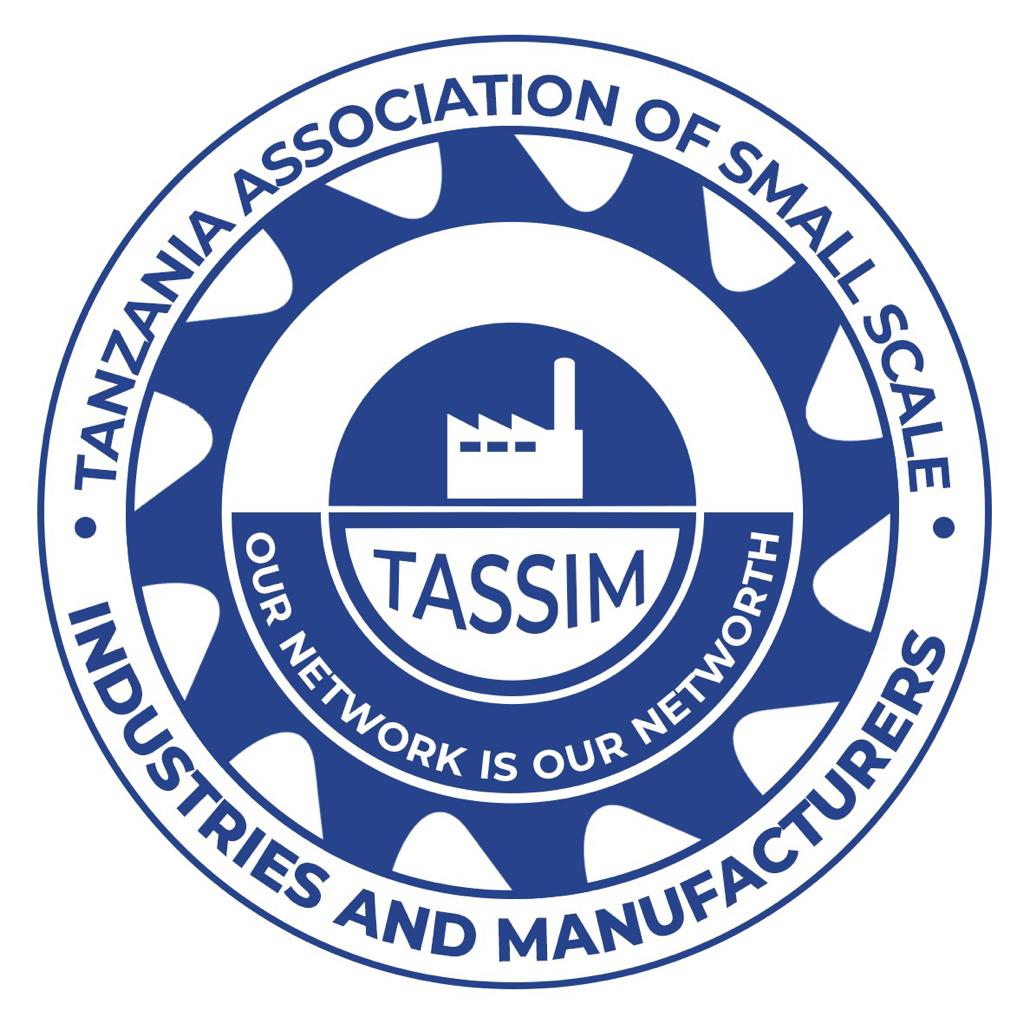The Millennium Challenge Corporation (MCC) is a United States government agency established by the U.S. Congress in 2004. It is an independent agency separate from the Department of State and USAID. As it is well known, the MCC has been at the forefront of funding major projects in poor and developing countries to help them achieve economic growth. MCC implemented a compact in Tanzania between September 2008 and September 2013 that addressed constraints to economic growth in transport, water and energy. The total value was nearly 700 million USD.
After temporarily suspending its activities in the country in 2016, while it was preparing a second compact, the Millennium Challenge Corporation (MCC) has returned with the intention of implementing a threshold program. A threshold program is a smaller grant for countries that do not yet meet MCC’s eligibility criteria but show progress towards meeting them. Threshold programs help countries to reduce constraints to faster economic growth, increase transparency and accountability, and provide MCC critical information about the countries’ political will and capacity to undertake the types of reforms that would have the greatest impact in compacts.
The arrival of the MCC representatives in Tanzania in March was led by Ms. Sharon E. Rogers, a director in MCC’s Gender and Social Inclusion Practice Group, accompanied by her colleague, Hannah Haemmerli, a fellow in the Threshold Program Group. Together, they expressed their current presence in Tanzania as being in the preliminary stages of conducting research to thoroughly understand the challenges faced by women, young people, and small and medium enterprises and informal sector workers in three areas: trade, taxes and doing business and access to finance. MCC plans to work through the private sector and various government institutions in Mainland Tanzania and Zanzibar in order to enable them to reduce poverty through growth. Threshold programs are typically four years in duration with 18-24 months of preparatory work that includes stakeholder engagement with public, private and NGOs, as well due diligence research. During the meeting, Ms. Sharon E. Rogers provided an explanation of the work and goals of the MCC in supporting various projects in the country.
The Tanzania Association of Small-Scale Industries and Manufacturers (TASSIM), which is one of the private sector associations aimed at empowering its members through ownership and production of high-quality products meeting international standards, had the esteemed opportunity to meet with the MCC representatives and introduce the activities and goals of the Association.
The Secretary-General, Mr. Beneth Kakorozya, and the Chief Executive Officer, Mr. Eliamlisi Mlay, provided an overview of the Association's plans to empower its members, including capacity building through training, providing various types of support based on their needs, production and processing meeting standards, expanding access to domestic and international markets, and the establishment of joint production areas (industrial parks). Emphasize was made on the importance and benefits of these production areas, they explained that the initial primary objective is to establish the industrial parks in five regions within five years (2025-2030). This plan will help generate numerous job opportunities for beneficiaries in their respective areas, as well as add value to raw materials and other products produced in their areas.
Returning to the various challenges highlighted by the MCC representatives during their research on this visit, it was noted that there are several shortcomings in the production areas, including the lack of essential social services. However, TASSIM leadership assured them of their ability to manage all these aspects professionally in all projects to be undertaken by TASSIM, including obtaining the cooperation of the Government through its institutions such as TNBC, TIRDO, SIDO, TBS, TANTRADE, TIC, TPSF, and relevant local authorities. They urged the MCC representatives to continue their noble intention to assist Tanzania through the private sector and institutions such as TASSIM.
After being pleased with the presentation made by the TASSIM leadership, the MCC delegation requested for continued communication and collaboration between these two institutions. They agreed and scheduled another meeting to be held virtually with more participants from TASSIM and MCC on Tuesday March 26, 2024. Moreover, TASSIM was informed on another significant delegation from the Millennium Challenge Corporation (MCC) which is expected to arrive in Tanzania early April of 2024 as a continuation of their assessment and identification of priority areas to begin with in order to achieve Millennium goals in Tanzania.
